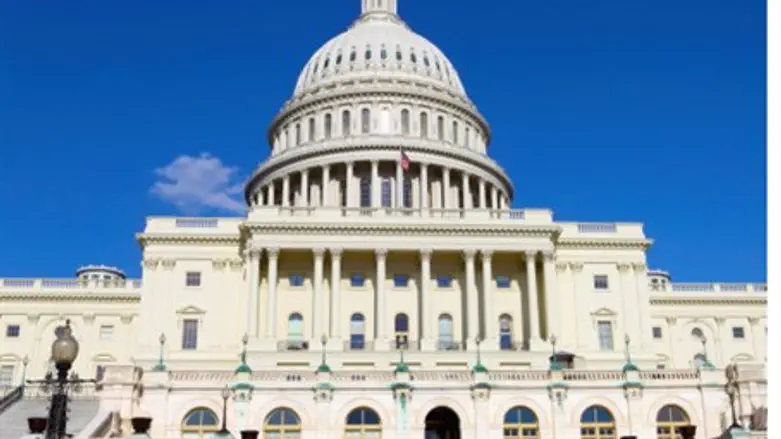
J-Street has been lobbying furiously to torpedo legislation currently making its way through the US Congress to combat the anti-Israel BDS (Boycott Divestment and Sanction) Movement.
In late April, the Senate Finance Committee adopted new amendments to the Trade Promotion Authority (TPA), which would require US trade negotiators to make rejection of BDS a principal trade objective in Transatlantic Trade and Investment Partnership (TTIP) negotiations with the European Union.
The amendments are backed by all major Jewish and pro-Israel groups in America, including AIPAC, The Israel Project, the Israel Allies Foundation and others.
But it has drawn the ire of far-left and anti-Israel groups, who see boycotting Jewish Israeli products and companies as a way of isolating and pressuring Israel into making concessions to the Palestinian Authority. For most BDS activists, their long-term goal goes further still: the eventual destruction of the State of Israel.
The rabidly pro-BDS, anti-Israel Jewish Voice for Peace has been one of the leading voices opposing the legislation, and they have now apparently been joined by the self-declared "pro-Israel, pro-peace" J-Street.
J-Street claims the wording of the bill - which refers to all "Israeli-controlled territories" - would also make it illegal to boycott Jewish communities in Judea and Samaria, which although Israeli-controlled were never formally annexed. The leftist group and its supporters are largely supportive of boycotting Jewish businesses in Judea-Samaria.
"In our view, these are not anti-BDS measures, these are pro-settlement measures," J-Street vice president of government affairs Dylan Williams told Politico on Monday, explaining his group's opposition to it.
But despite the pressure from far-left groups - which also include Americans for Peace Now, which advocates for the ethnic-cleansing of Jews from Judea and Samaria - the amendments have received unanimous, bipartisan support.
Congressman Peter Roskam (R-IL), who co-sponsored the legislation, told The Washington Free Beacon that the whole issue "is a non-story: a bunch of anti-Israel groups criticizing a pro-Israel amendment."
"While a broad bipartisan, bicameral group of Members of Congress are focused on strengthening the mutually beneficial US-Israel economic relationship, this small handful of outside organizations are more interested in defending destructive efforts to delegitimize Israel," he said.